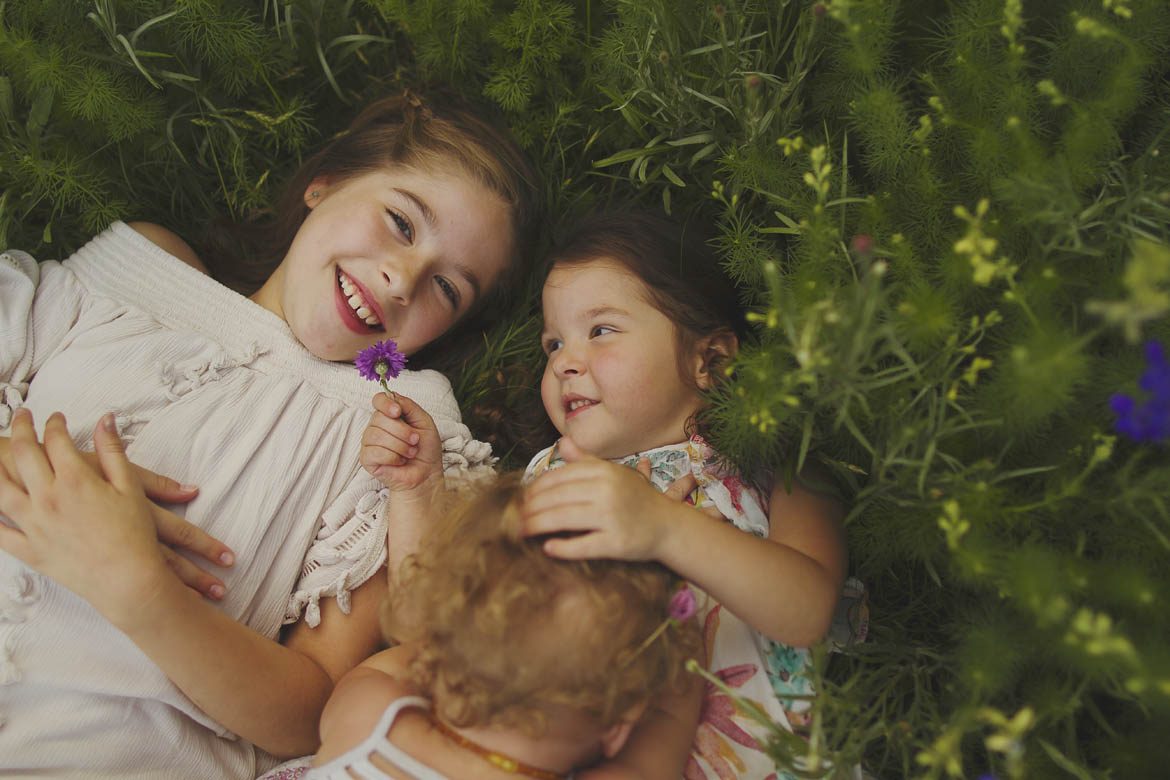By Katesurfs
I recently read an article in the Sydney Morning Herald about how overly permissive parents are raising terrorizing, entitled, narcissistic entitled teenagers and young adults. The article waves a finger at permissive parenting, but does not offer any solutions towards raising nurtured and skillfully guided children. Upon reading such an article, one might think that parents should go hard on the route of discipline and control…
The Problem with Conventional Discipline, Authoritarian (Dictator) Parenting
Punishment, strict rules, sticker charts, rewards, time outs, threats, etc. are what more authoritarian style parents use in order to elicit desirable behavior in their children.
- Authoritarian parenting trains a child to obey, but is that what you really want? Swiss sociologist, Alice Miller, studied the early childhoods of Nazis high in power, and she found they all came from very strict, authoritarian households. As children, they were trained to follow orders. It sounds good to get immediate compliance from a child… but there are long term repercussions. Questioning morality, pushing limits, and standing up for fairness is a quality in our children that we want to encourage, in order to make our society a better place to live in.
- Authoritarian parenting leaves children feeling powerless. How do you feel when you feel powerless? It’s awful, isn’t it? It makes you desperate. It makes you go on seeking attention where you shouldn’t have to. That’s why kids who are raised with punishment as a repercussion for ‘bad‘ behavior, often go on repeating their offenses.
- Loving communication and open dialogue between a parent and the child becomes severed. Discipline appears to work when a child is younger, but often starts failing as the child grows up. Think you can send a teenager to time out? Even the fear of a threat won’t stop the child from acting out. The child keeps desperately looking for ways to connect (in ways that appear to be bad behavior). Or, the child starts hiding things from the parents to keep from getting into trouble. Children who are raised with punishment as a consequence, most likely, will stop confiding in the parents and start lying as they grow older. The lack of trust and inability to safely communicate is something that these children can carry with them when they become adults.
- Authoritarian parenting is exhausting for the parent. As a school teacher, I often have to resort to a more authoritarian approach, and it really sucks the life out of you. You can’t just let one thing slide one day and not the next. Authoritarian parenting is an enormous amount of work for a parent, with little guaruntee that you are going to get a positive result.
If punishment worked, our prisons would be empty, nobody would commit any crimes because the fear of going to jail should be so great that it would stop anyone from committing a crime…
The Problem with Permissive Parenting
Permissive parenting means that you are almost always setting aside your own needs to meet the wants and needs of the child. I’ve dipped into extremely permissive parenting, and I can tell you that it wasn’t fun. I found myself feeling very insecure, questioning my every action and my needs became neglected. I watched as my kids became confused in my moments of allowing them to do anything they wanted. It’s one thing to open our boundaries and stop being so over-controlling of our children’s activities, but there needs to be some common sense and reasonable limits in place.
- Permissive parenting can be dangerous and can make others feel very uncomfortable. My 3-year-old loves to go really far out in the ocean, even when it’s rough. I have to tell her “No” sometimes because if I let her go as far as she wanted, I wouldn’t be able to keep an eye on her big sister, who likes to hang back in the shallows. Social norms are often bent past the ‘pushing it‘ boundary when parents are overly permissive. You can see people around get very uncomfortable and are not sure if they need to step in and interfere.
- Permissive parenting can leave you feeling burnt out and neglected. It will start off with a little voice crying, “What about me?!” You try to rationalize the little voice as you overcoming your own limitations, but then, that little voice may turn into exhaustion, desperation, depression, anger and even violence. Permissive parenting leaves your needs being unmet.
- Permissive parenting leaves a child feeling unheard. The other day at IKEA, I was on a shopping rampage. I wanted to buy something ridiculous and my husband looked me in the eye and said, “Kate, that’s too much, it’s not a good idea.” I felt sad for a moment, but he was right. I was so happy later, that he said “No.” He was really listening to ME and what was looking out for what was best for us and our family. The same goes for our children. We don’t have to be mean about it, but we should pull in the reigns when things get unreasonable because a child’s request might not reflect his or her true need.
- Permissive Parenting does not truly meet the child’s needs. Sometimes it’s the loving limit that is what the child needs in the moment. Some days, my 5-year-old will ask for 5 different things in one minute! I look her in the eye, get down on her level and say “No” (nicely) and she cries. That release of emotions and connection, was exactly what she needed in that moment. Something was bothering her much more than needing those ‘things‘. If I had been in permissive mode, I would have tried to make her happy by giving her each one of those things, but I wouldn’t have been meeting her emotional need to express her emotions and connect.
See next page to learn about Democratic Parenting…











